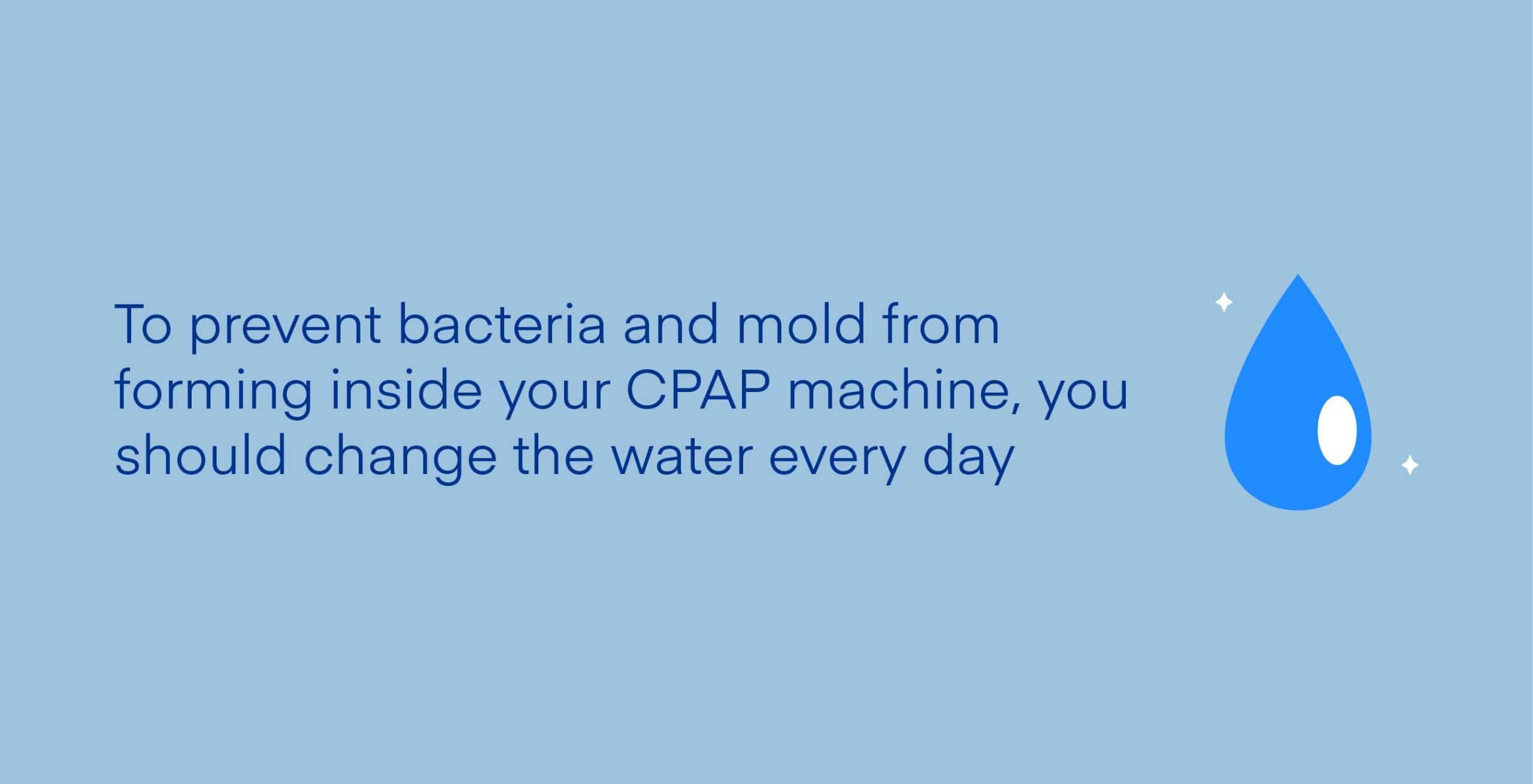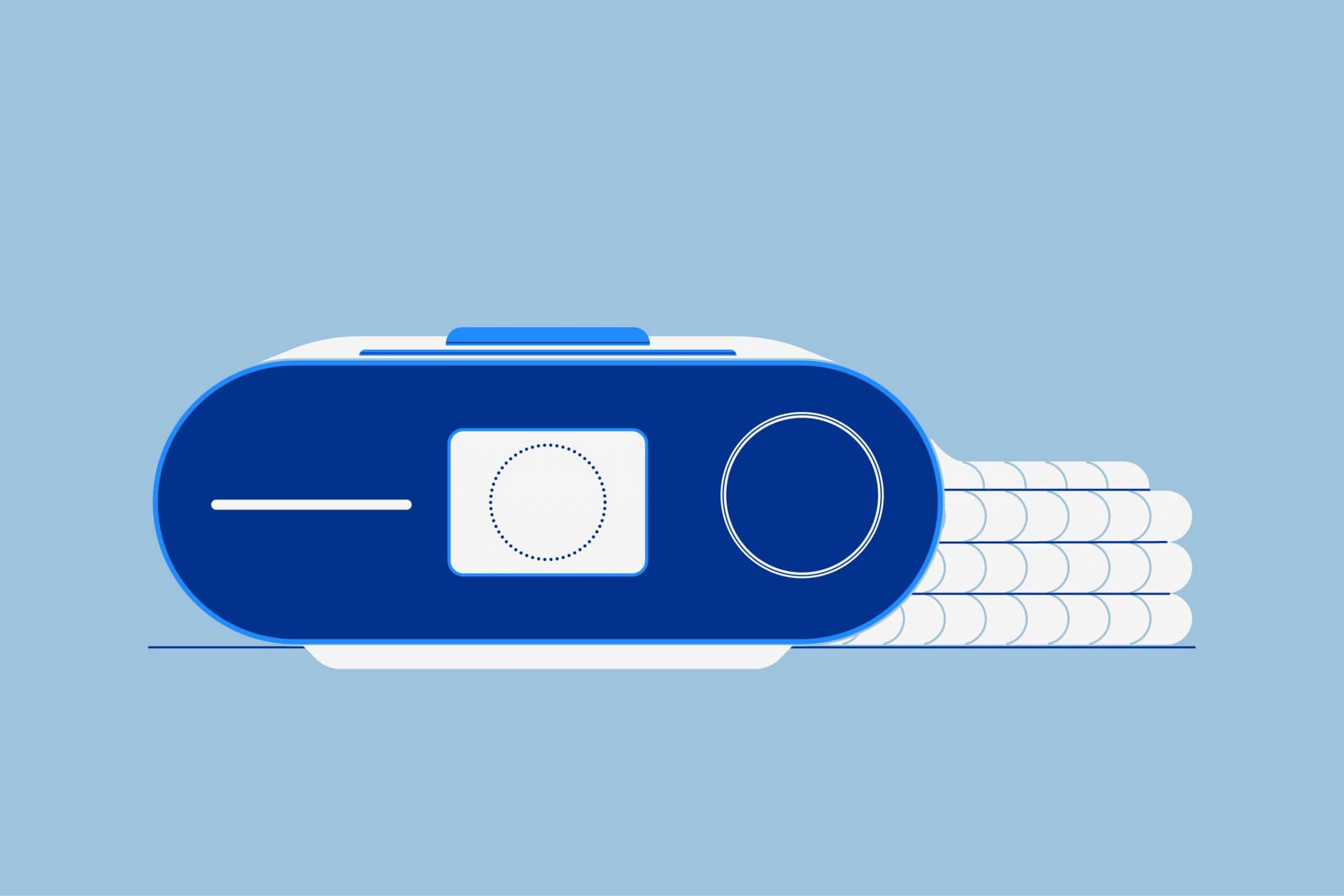Key Takeaways
- Understanding Sleep Apnea and Treatment Options: Sleep apnea, specifically obstructive sleep apnea (OSA), is a sleep disorder characterized by interrupted breathing during sleep, leading to frequent awakenings. Continuous Positive Airway Pressure (CPAP) and Bilevel Positive Airway Pressure (BiPAP) machines are commonly prescribed to alleviate symptoms of sleep apnea and promote restful sleep.
- CPAP vs. BiPAP: CPAP machines deliver a continuous stream of air to keep airways open during sleep. On the other hand, BiPAP machines provide varying levels of air pressure, with higher pressure during inhalation and lower pressure during exhalation. This flexibility can be particularly beneficial for individuals with muscle or nerve issues affecting breathing.
- Maintenance and Proper Use: To ensure the effectiveness and safety of CPAP or BiPAP therapy, proper maintenance is crucial. Users should clean and disinfect the equipment daily to prevent bacterial growth. It’s also essential to adhere to recommended usage times, typically at least 6 hours per night, to experience the full benefits of the device.
Constant sleep disruptions make it difficult for those with OSA to find deep, restful sleep. To alleviate symptoms, healthcare providers frequently prescribe the use of CPAP or BiPAP machines. These devices make breathing more comfortable, so you can experience a good night’s sleep.
Throughout this article, we explain the differences between a CPAP and a BiPAP machine and who these devices might be right for.
What Is a CPAP Machine?
CPAP stands for continuous positive airway pressure. CPAP machines provide a constant stream of air to the throat to make breathing easier during sleep. They feature a small water tank and filter to power the machine. Attached to the machine’s motor is a hose with a CPAP mask. This mask is placed over the mouth and nose and secured with a chin strap. Continuous air pressure from the machine keeps the airways open to improve breathing and allow for deeper sleep.
NCPAP (nasal continuous positive airway pressure) machines are similar to CPAP machines, but they attach only to the nose. Instead of a full face mask, NCPAP machines have a nasal mask that is secured to the face by headgear and nasal plugs. Nasal pillow masks do not cover the mouth and are often more comfortable for those who prefer less weight on the face.
What Is a BiPAP Machine?
A BiPAP, or bilevel positive airway pressure machine, is a type of CPAP machine. It works the same way a CPAP machine does with one main difference. Bilevel machines produce different levels of air pressure, rather than just one single level. Like CPAP machines, BiPAP machines may feature either a full face mask or a nasal mask.
Which Is Better—A Standard CPAP or BiPAP Machine?
Both of these devices can reduce symptoms of sleep apnea and make breathing more comfortable during sleep. However, BiPAP therapy provides a variation in air pressure that may be better for some individuals.
CPAP machines create a consistent level of air pressure inside the mask. Constant pressure is strong enough to open the airways and improve breathing. However, with one single pressure level, sleepers have to exhale against extra pressure. This lack of variation can make it difficult for those with diseases that affect the muscles and nerves.
BiPAP machines provide higher pressure during inhalation (IPAP) and lower pressure exhalation (EPAP). High pressure during inhalation is helpful for those with sleep apnea because it can force air into the lungs even if the airways become narrow.
Different pressure settings can also make the work of breathing easier for those with muscle and nerve damage. The different pressure settings make breathing easier for these individuals, allowing them to sleep soundly.

What if CPAP and BiPAP Does Not Work?
If someone with sleep apnea isn’t getting relief from CPAP or BiPAP treatments, there are other options to consider. Surgery for sleep apnea could be one of them.
Surgery aims to fix physical issues in the throat that cause breathing problems during sleep. One common surgery removes extra tissue from the throat (UPPP), while another repositions the tongue muscle (GA). For more severe cases, a surgery called MMA adjusts the position of both the upper and lower jaw. These surgeries are considered when other treatments don’t work or aren’t suitable.
It’s important for those with sleep apnea to talk to a sleep specialist or a doctor who specializes in ear, nose, and throat issues. They can help figure out the best plan based on the individual’s situation.
Frequently Asked Questions
Do I need to change the water in my CPAP daily?
To prevent bacteria and mold from forming inside your CPAP machine, you should change the water every day. Experts suggest emptying the water chamber every morning, washing it with mild soap, and rinsing it thoroughly. Then, let the chamber air dry. Before bed, fill the chamber with warm water and return it to the machine base.
How many hours per night should a CPAP be used?
A CPAP machine can be used throughout the night. Experts recommend using it for at least 6 hours per night to experience the full benefits of the device. If the mask falls off or you experience nighttime disruptions, put the mask back on before returning to sleep.
Who needs a CPAP machine?
CPAP machines are designed for sleep apnea patients. However, those who frequently snore loudly may also benefit from CPAP therapy. Before starting BiPAP or CPAP treatments, talk to your doctor or sleep specialist. They can help you determine which type of device is right for you and what pressure settings you should use.
Are CPAP machines dangerous?
If a CPAP machine is not cleaned and maintained correctly, bacteria can build up in the hose and mask. Germs inside the device can lead to bronchitis, sinus infections, pneumonia, and other respiratory issues. To prevent this, empty and wash the water chamber and hose daily.
The possible side effects of using a PAP ventilation machine are mild. In some cases, patients experience nasal congestion, dry mouth, skin irritation, and mild stomach bloating.
Should the CPAP machine be lower than the bed?
The base of the CPAP machine should be slightly lower than the top of the bed. During sleep, humidity can condense in the breathing tube. If the machine is below the bed, these secretions will run down and away from the face mask.
If you sleep on your side, you may be comfortable with the machine near the head of the bed. This position will make it easier for you to change positions during sleep.
Conclusion
If you suspect you have sleep apnea, your doctor can help you determine an effective treatment plan. Each person responds differently to standard PAP therapy. If the first prescribed pressure setting isn’t helpful, your doctor will work with you to find one that is.
Sometimes, that means switching from a CPAP machine to a Bilevel machine. Your doctor may also suggest participating in a sleep study for a set amount of time. Sleep trials are often the best way to discover an effective solution for those with severe sleep apnea.
Sleep specialist Dr. Nayantara Santhi notes, “Sleep apnea is quite prevalent and often undiagnosed. Besides the obvious lack of sleep, it can lead to significant neurocognitive impairment. Using available treatment for it can go a long way in restoring good sleep and health and well-being.”
About the author
Geoff McKinnen is a writer focusing mainly on the healthcare industry and has written articles on everything from foods to help you lose weight to the connection between Alzheimer’s and sleep. Geoff’s passionate about helping readers improve their well-being to lead happier lives. Outside of work, Geoff enjoys cycling and hiking and believes that by leading a healthy lifestyle, he can help others do the same.
View all posts




